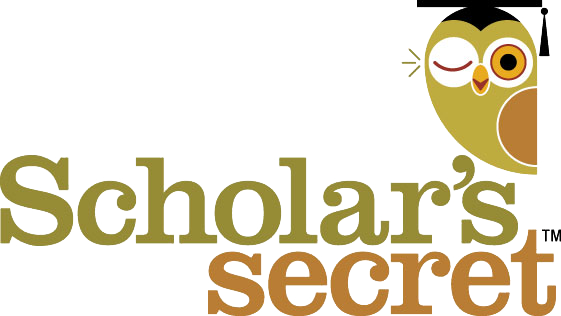Nothing subdues a lively group of students quite like the announcement that a 12-15 page term paper will be required this semester. Some students begin worrying instantly about where to start, while others recall the frustrating “do-overs” and “dead ends” they experienced the last time they did library research.
As a former student, I can totally relate: there’s nothing worse than running down a false lead at crunch time. But as an avid researcher, writer, and librarian, I also have a healthy respect for the research process – especially its iterative nature. I’ve come to accept the fact that I can’t find everything I need in one trip to the library or internet search. And I understand that it’s quite impossible for me to whip out a final draft in a single sitting. And guess what: I’m not alone!
The iteration inherent in the research process allows students to:
- Select – then perfect – their topics. Researchers at all levels soon discover that topic selection usually requires at least a few iterations. Zahra B., a Master’s degree candidate in the IU School of Informatics, explains: “I chose my thesis topic, but then figured out it was too general. So I had to narrow it down to focus on one specific thing.” Such focus on the front end results in a more targeted (and less frustrating) research effort on the back end.
- Make serendipitous discoveries. “This is the phenomenon of finding something valuable to the research topic while searching for something else,”*writes Judith Nixon, Education Librarian and Professor at Purdue University. Donna E., who recently earned her Master’s degree in health administration, calls this “the wow factor.” She says, “You stumble on something and you think, ‘this is so cool!’ One thing leads to another. And even if it’s not relevant, just learning something new makes the effort worthwhile.”
- Take their finished papers right over the top. A Semester-at-Sea student, researching Hiroshima, last fall checked out every book on that topic from the ship’s library. Librarian Shannon Bloomquist says, “The student finished her paper and knew it was accurate and well written, but felt that something was missing.” Shannon suggested the student interview an expert and helped broker a connection. The expert’s insights supplied the personal dimension that had been missing; and the student learned the power of the expert interview.
Experienced researchers allow plenty of time for refining, discovering, and other detours. But perhaps you’re just getting started. If so, contact Scholar’s Secret anytime for help!
* Nixon, Judith M. “How Scholars Work: Panning for Gold in Libraries.” Reference & User Services Quarterly 49.3 7 Apr. (2010): 231-33. Web. 23 Aug. 2011. http://www.rusq.org/2010/04/07/how-scholars-work/.

